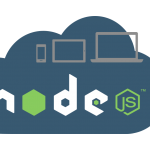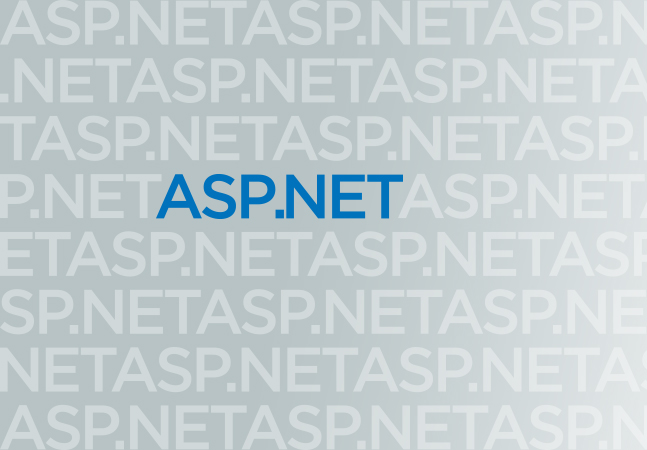In the execution pipeline of any web application, middleware is essential, and this is also true for.NET Core applications. Software elements that may manage requests and replies in the ASP.NET Core application pipeline are known as middleware components. They offer a method to run code either before or after the server processes the HTTP request. The idea of middleware in.NET Core will be discussed in this post, along with the details of data transit between custom middleware.
Middleware: What Is It?
In web development, middleware is a term used to describe a group of parts that can be added to an application pipeline in order to manage requests and responses. The HTTP requests and answers in.NET Core are processed in a particular order by middleware components. Every middleware element in the pipeline, such as routing, logging, and authentication, has a distinct duty.
In the Configure method of the Startup class, the middleware pipeline in.NET Core is configured. An illustration of a basic middleware pipeline configuration is provided here:
public void Configure(IApplicationBuilder app, IHostingEnvironment env)
{
app.UseMiddleware<LoggerMiddleware>();
app.UseAuthentication();
app.UseMvc();
}In the above example, LoggerMiddleware is a custom middleware component that logs information about each incoming request.
Making Personalized Middleware
With.NET Core, developing custom middleware is a simple procedure. A class with a method that takes a HttpContext object and does something with it is referred to as a middleware component. Let’s build a basic middleware piece that modifies the HTTP response by appending a custom header:
In the above code, the Invoke method adds a custom header to the response, and then it calls the next middleware in the pipeline using _next(context).
Data Transmission Amongst Custom Middleware Components
Data must frequently be passed between middleware components. The HttpContext object can be used to store and retrieve data in order to accomplish this. To illustrate, let’s build two unique middleware components:
In the above example, FirstMiddleware stores a piece of custom data in the HttpContext.Items dictionary. SecondMiddleware later retrieves this data from the dictionary and uses it. This allows for seamless communication between different middleware components in the pipeline.
Configuring Middleware in Startup
Finally, configure these middleware components in the Startup class:
Now, when a request is processed, FirstMiddleware will store data in the HttpContext.Items dictionary, and SecondMiddleware will retrieve and utilize that data.
The flexibility and functionality of your.NET Core apps can be greatly increased by comprehending and utilizing middleware with skill. Middleware helps you to organize and modularize your code for greater extensibility and maintainability, whether it’s for logging, authentication, or custom processing.
Best and Most Recommended ASP.NET Core 8 Hosting
Fortunately, there are a number of dependable and recommended web hosts available that can help you gain control of your website’s performance and improve your ASP.NET Core 8 web ranking. HostForLIFEASP.NET is highly recommended. In Europe, HostForLIFEASP.NET is the most popular option for first-time web hosts searching for an affordable plan.
Their standard price begins at only € 3.49 per month. Customers are permitted to choose quarterly and annual plans based on their preferences. HostForLIFEASP.NET guarantees “No Hidden Fees” and an industry-leading ’30 Days Cash Back’ policy. Customers who terminate their service within the first thirty days are eligible for a full refund.
By providing reseller hosting accounts, HostForLIFEASP.NET also gives its consumers the chance to generate income. You can purchase their reseller hosting account, host an unlimited number of websites on it, and even sell some of your hosting space to others. This is one of the most effective methods for making money online. They will take care of all your customers’ hosting needs, so you do not need to fret about hosting-related matters.




